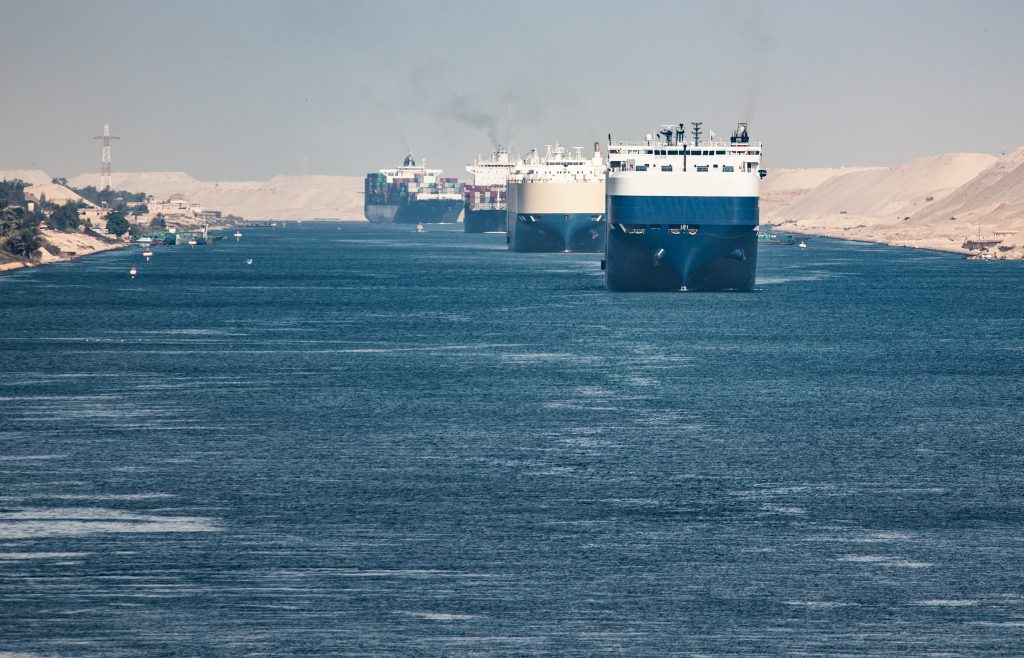
- ARAB NEWS
- 04 Jul 2025

Arab News
RIYADH: Egypt’s Suez Canal Authority has increased transit fees for all types of ships by 15 percent starting January 2023 in order to deal with the impact of global inflation, the chairman said in a statement.
Osama Rabie added that transit fees for both dry bulk vessels and cruise ships will increase by 10 percent.
The increase in fees is attributed to the rise in energy prices, freight rates and in the daily time rental values, according to the Cabinet statement.
Rabie reasoned that the rise in fees for passing the canal “is inevitable and a necessity,” in order to deal with the impact of the current global inflation rates that have exceeded eight percent.
It comes in light of “unprecedented” daily increases in charter rates for most types of vessels.
Daily charter rates for crude oil tankers increased on average in 2022 by 88 percent compared to 2021, while daily charter rates for LNG carriers rose on average by 11 percent during this year, compared to the year earlier.
Rabie explained that the most important factor in determining Suez Canal transit fees is the average freight rates for various types of ships.
In recent months, freight rates, especially for containerships, have increased considerably, he explained, adding that it reached higher levels compared to the period before the COVID-19 pandemic.
He added that the current increased energy prices also impacted the authority’s fees calculations.
The continued rise in crude oil prices above the level of $90 per barrel, and the rise in the average prices of LNG above the level of $30 per million thermal units have led to a surge in the average prices of ship bunkers.
Consequently, the rise in energy prices increases the savings that ships achieve by transiting through the Suez Canal, compared to other alternative routes, he explained.
This happens as the world’s largest wheat importer is intensifying its efforts to confront the challenges posed by the coronavirus pandemic, as well as the Russia-Ukraine crisis.
Egypt has been hit hard by soaring oil and commodity prices, with the Egyptian pound further devaluing against the dollar and soaring inflation.